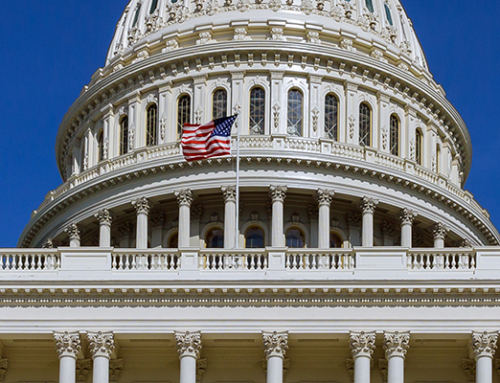The COVID-19 recession is already so deep as to not only have triggered special expanded benefits through congressional action but now is beginning to trigger “on” in an increasing number of states to regular extended benefits (EB) under permanent federal law.
For the week ending April 26, 2020 Connecticut, Michigan and Rhode Island triggered on up to 13 weeks of regular EB. This provides an additional 13 weeks of extended benefits on top of the regular state benefits and on top of the Federal Emergency Unemployment Compensation provided through Section 2107 of the CARES Act.
For workers in a growing number of states the amount they would be paid for weeks claimed within a full benefit year of unemployment compensation will exceed what they would earn for a year of wages in their previous jobs. This creates a serious policy issue as Congress and the White House consider measures to restart the economy. The provisions in the stimulus legislation significantly discourage workers from returning to work with a financial incentive to remain unemployed. As we saw after the 2008 recession when up to 99 weeks of unemployment compensation were available, it became difficult for employers to find workers to take many of the job openings available until after their unemployment compensation was exhausted. This time, not only are workers cautious in returning to work due to COVID-19, but in many cases they will be paid more to remain unemployed than they would be paid in wages.
A number of states are getting close to triggering on regular EB under the permanent trigger provision of 5.0% Insured Unemployment Rate (IUR). This is astounding given the normal difficulty of reaching anything close to 5.0% IUR.
States with a rate of 4.0% IUR that are at risk of triggering soon include AK, MA, MN, MT, NV, NJ, NY, PA, PR, VT, WA, and WV.
Many more are likely to trigger “on” in future months under the alternative Total Unemployment Rate (TUR) measurement. Congress should review these numbers very closely before considering a further extension of the UI expansion provisions in the CARES Act.






